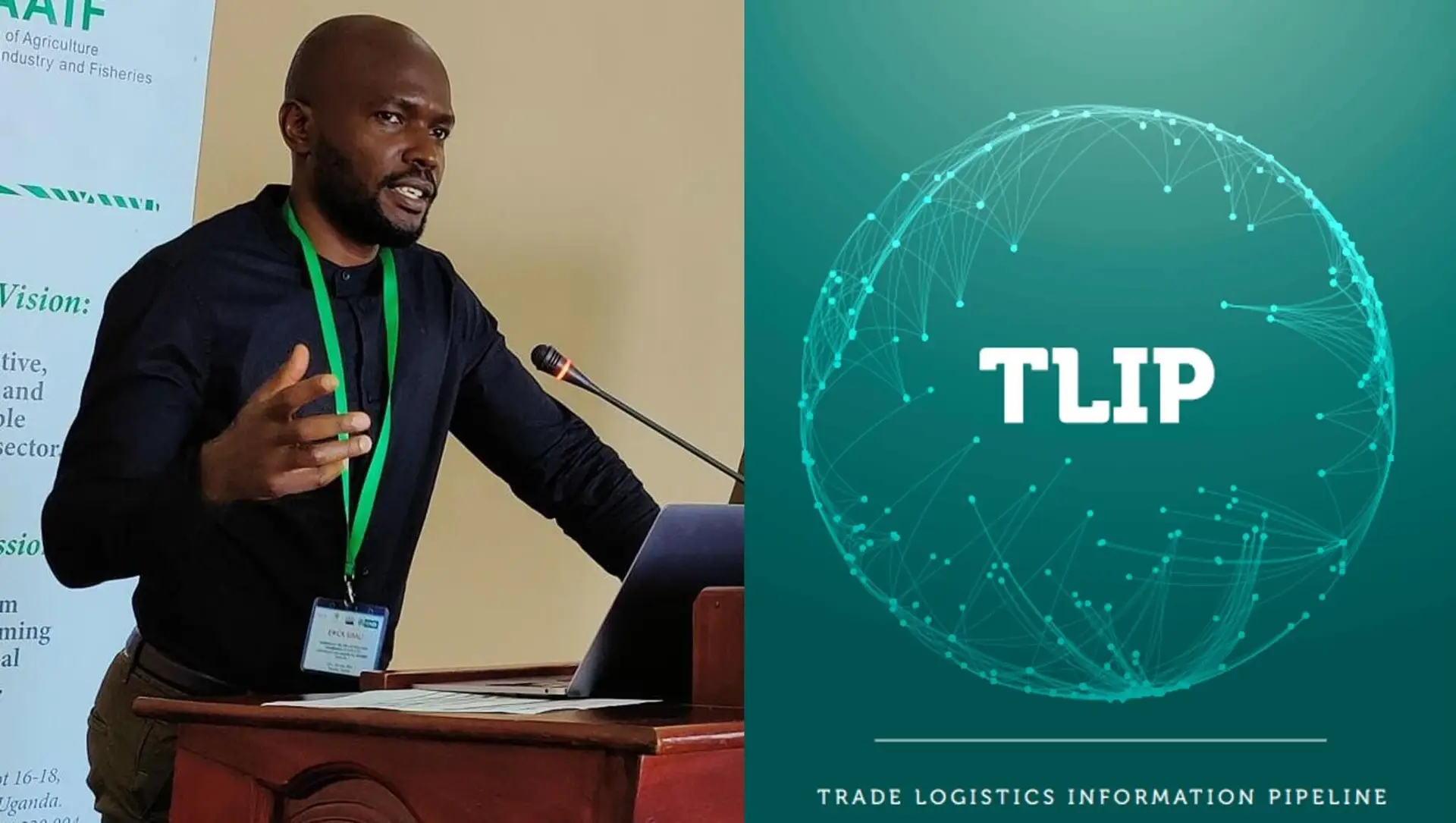Recently, at the World Trade Organization Chair’s International Conference on Digital Trade – The Way Forward, TradeMark Africa (TMA) Director of Digital Trade Erick Sirali delved into the role of the African Union’s (AU) Digital Transformation Strategy and the African Continental Free Trade Area (AfCFTA) Secretariat in shaping Africa’s digital trade landscape. The AU’s strategy is focused on creating a digitally empowered Africa, where connectivity is a reality for everyone. Alongside this, the AfCFTA is working towards a single digital market, aiming to ease cross-border trade. A key component of this plan is the AfCFTA’s Digital Trade Protocol, a groundbreaking initiative that is currently under development, which seeks to standardise regulations across the continent, thereby boosting digital trade in goods and services.
As e-commerce rises and digital technologies become more ingrained in our daily lives, Africa stands on the cusp of a digital revolution and is well-positioned to benefit from these initiatives. These initiatives are more than just policies; they are keys that will open new markets for African businesses, expand customer bases, enhance their competitiveness, and provide a platform for entrepreneurs, especially women and youth, to thrive in the digital economy by equipping them with necessary tools to participate in a digital economy.
So, where does TradeMark Africa fit into this? In this evolving scenario, TMA is actively working to create a favourable digital trade environment through innovation. This includes supporting digital services from public agencies, offering digital skills training, and promoting private sector-friendly digital technologies. TMA’s work is about bridging the digital divide and enhancing Africa’s participation in the global digital economy. “We are ensuring that businesses aren’t just trading but trading smartly and efficiently,” asserted Sirali.
TMA’s initiatives go beyond traditional methods. We’re exploring new technologies like distributed ledger technologies (DLT) (for example Trade Logistics Information Pipeline with IOTA –https://www.tlip.io/ ) and focusing on building digital capacity among Micro, Small, and Medium Enterprises (MSMEs). Most importantly TMA advocates for inclusive digital policies, ensuring that all stakeholders, are involved in shaping the future of digital trade. “It’s not just about moving forward; it’s about ensuring that everyone, including marginalised groups, has a say in the direction we’re headed,” said Sirali. Operating in 14 countries across Africa, TMA collaborates with local service providers to maximise its impact, aiming for sustainable digital trade development across the continent.


